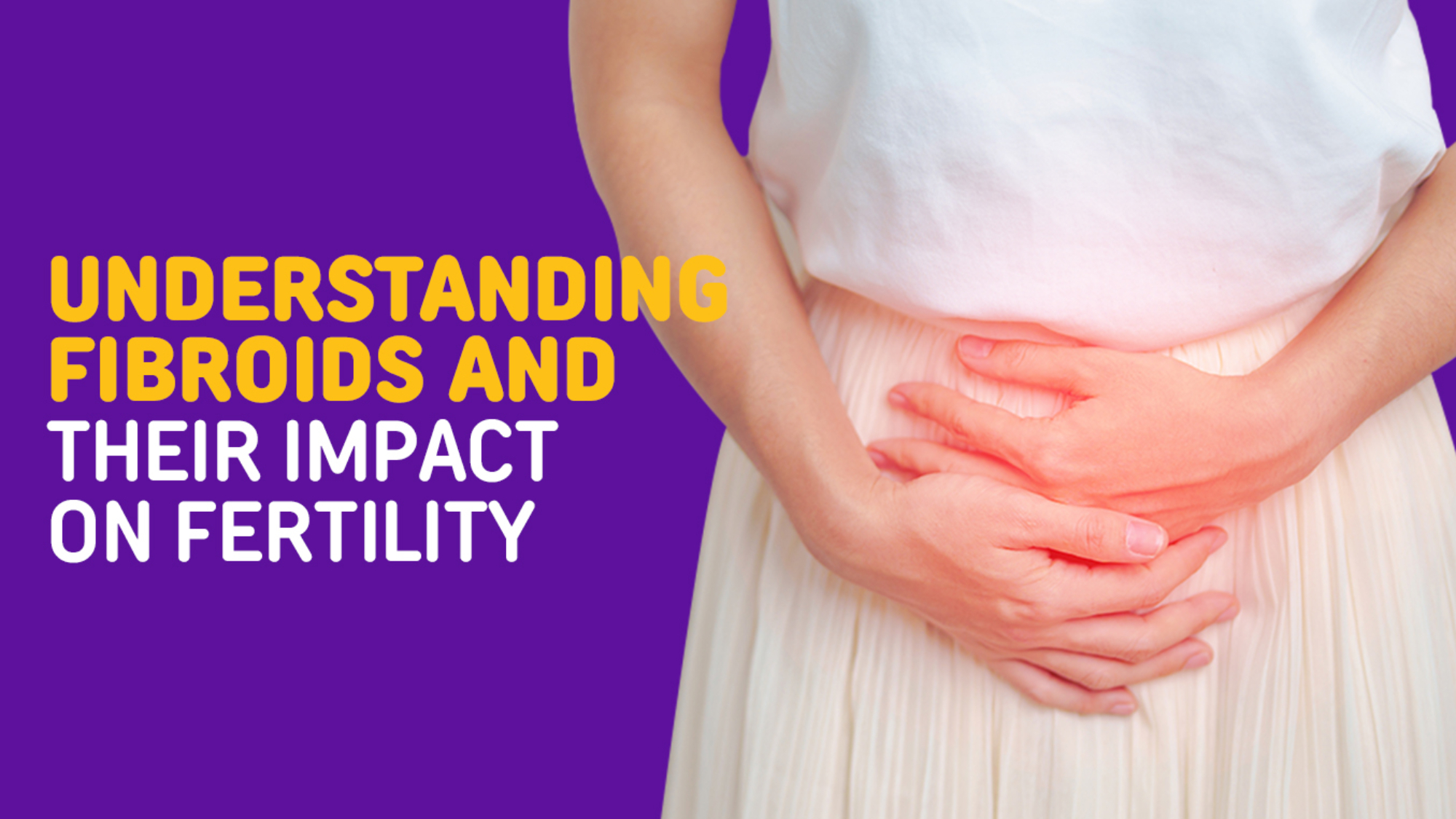Fibroids, also known as uterine leiomyomas, are non-cancerous growths that develop in or around the uterus. While they are common and usually harmless, they can sometimes impact fertility and pregnancy outcomes. For individuals and couples struggling with infertility, it is essential to understand how fibroids may affect their chances of conceiving and carrying a pregnancy to term. In this blog post, we will explore the basics of fibroids, their potential impact on fertility, and the expert guidance offered by Banker IVF, the best fertility hospital in Ahmedabad.
What are Fibroids?
Fibroids are benign tumours that grow in the muscle tissue of the uterus. They can vary in size, ranging from tiny seedlings to large masses that can distort the shape of the uterus. While the exact cause of fibroids is not fully understood, hormonal fluctuations, particularly estrogen and progesterone, are believed to play a role in their development. Certain factors, such as age, family history, and hormonal imbalances, may increase the risk of fibroids.
How Fibroids Impact Fertility
The impact of fibroids on fertility is a complex interplay of their size, location, and number within the uterus. While some fibroids may have minimal effects on fertility, others can profoundly disrupt the process of conception and pregnancy. Understanding how fibroids influence fertility is crucial for individuals and couples seeking to start a family. Here are further insights into the ways in which fibroids may affect fertility by Banker IVF centre in Ahmedabad.
Distortion of the Uterine Cavity: When fibroids grow extensively within the uterine cavity, they can alter its shape and size. This structural distortion creates an unfavourable environment for a fertilized egg to implant and grow securely. The fibroids’ presence may lead to implantation failure or hinder the embryo’s proper development, reducing the likelihood of a successful pregnancy.
Blockage of Fallopian Tubes: Certain fibroids located near the openings of the fallopian tubes can obstruct the natural pathway for sperm to reach the egg. This physical barrier prevents fertilization from occurring, thereby hindering the chances of conception.
Impact on Blood Flow: The growth of fibroids in specific regions of the uterus may alter blood flow patterns within the uterine lining. As a result, the endometrial environment, essential for successful embryo implantation, may be compromised.
Miscarriage Risk: Fibroids situated within the uterine cavity or those affecting the placenta’s attachment can elevate the risk of miscarriage. These fibroids can cause disturbances in the uterine environment, resulting in an inhospitable condition for a developing pregnancy. Furthermore, larger fibroids may physically interfere with foetal growth, increasing the likelihood of pregnancy loss.
Expert Evaluation for Optimal Fertility Management: Given the varying impact of fibroids on fertility, seeking expert evaluation is essential for individuals trying to conceive. At Banker IVF, individuals can receive comprehensive assessments from the best fertility doctor and IVF specialist, Dr Manish Banker.
Diagnosing Fibroids
To diagnose fibroids, a fertility doctor may perform a pelvic exam, ultrasound, or other imaging tests. Ultrasound, in particular, can provide valuable information about the size, location, and number of fibroids present. This diagnostic process allows the fertility specialist at Banker IVF to assess how fibroids may be affecting fertility and determine the most appropriate treatment plan.
Treating Fibroids for Improved Fertility
The treatment of fibroids for improved fertility depends on various factors, including the severity of symptoms, the size and location of fibroids, and the patient’s desire for pregnancy. In many cases, small fibroids that do not cause significant symptoms may not require treatment.
However, for individuals or couples experiencing fertility challenges due to fibroids, several options may be considered:
Medications: Hormonal medications may be prescribed to control the growth of fibroids or alleviate associated symptoms.
Minimally Invasive Procedures: Procedures such as hysteroscopic or laparoscopic myomectomy can remove fibroids while preserving the uterus.
Uterine Artery Embolization: This non-surgical procedure involves blocking the blood supply to fibroids, causing them to shrink.
In Vitro Fertilization (IVF): For individuals with fertility issues related to fibroids, IVF may be recommended to bypass potential obstacles and increase the chances of conception.
Expert Guidance at Banker IVF
At Banker IVF, patients receive expert guidance from the best fertility doctor and IVF specialist, Dr Manish Banker. With a focus on individualized care, Dr Banker and his dedicated team of experts work closely with patients to understand their unique fertility challenges.
Through advanced diagnostic techniques and a patient-centric approach, the team identifies any fibroids or other fertility factors that may be impacting pregnancy success. With extensive experience in treating fibroids and addressing fertility issues, Banker IVF is a trusted destination for individuals seeking comprehensive fertility solutions.
Fibroids can pose unique challenges to individuals and couples aspiring to build a family. However, with the support of experienced fertility specialists, effective treatment options are available to improve fertility and increase the chances of successful conception and pregnancy.
At Banker IVF, individuals receive personalized care, cutting-edge treatments, and unwavering support on their journey towards parenthood. Whether it’s addressing fibroids or other fertility concerns, Banker IVF hospital in Ahmedabad remains committed to providing exceptional care to help patients achieve their dreams of starting a family.
FAQs
Yes, pregnancy is possible with fibroids. Expert evaluation at Banker IVF can determine if fibroids impact your fertility and recommend suitable treatments for conception.
Fibroid removal’s impact on fertility varies. Our best fertility doctor at Banker IVF assesses each case individually to determine the best course of action.
Fibroids typically do not directly affect egg quality. Banker IVF provides comprehensive evaluations to identify fertility factors, ensuring optimal treatment plans for conception.
Not always. Fibroids can cause heavy or prolonged periods, but their impact varies. Consult with Banker IVF to assess your specific condition and explore appropriate management options.
